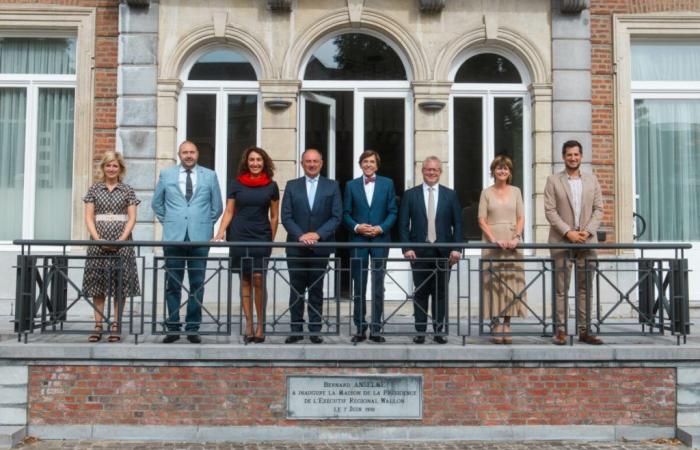The elections of June 9 delivered their results confirming the victory of the Reform Movement (MR) and the Engagés at all levels of power. The PS and the PTB lost a few feathers in Wallonia (-4 deputies for the PS and -2 for the PTB), while Ecolo was literally crushed (-7 deputies). In Brussels, the PTB more than improved its score (+5 MPs), while Ecolo is losing ground (- MPs) and the PS seems to limit the damage (-1 MP).
For the winners, it is not enough just to win over the voters, because the hardest part remains to be done: make the promises a reality and carry out the announced reforms. And in this last register, it is time to review the institutions in French-speaking Belgium to guarantee the effectiveness of services to citizens and stop the waste of public money. The study just published by Jean Hindricks, professor at the school of economics at UCLouvain (CORE-Lidam) and Alexandre Lamfalussy, research assistant at the same university, on Belgian federalism and political density sheds light additionally the political situation.
The study confirms findings that challenge observers of public affairs and revolt citizens.
With figures, the study confirms findings which challenge observers of public affairs and which revolt citizens. It is difficult to accept that Flanders has 9 ministers in total for 6.8 million inhabitants, while the governments of Wallonia, Brussels and the Wallonia-Brussels Federation together have 21 ministers for 4.8 million inhabitants. Flanders has 3.5 deputies per 100,000 inhabitants while Wallonia has 7. Same situation at the provincial level where there are 3 deputies and provincial councilors per 100,000 inhabitants in the north of the country compared to 7 in the south of the country.
At the level of intercommunal companies, which are companies created to manage municipal activities and services, the observation is alarming: they display an average turnover of 28 million euros in Wallonia compared to 35 million in Flanders. And the average workforce is 179 for an intercommunity in Wallonia and 64 in Flanders. Ministerial offices are also overstaffed.
The mission will certainly not be easy, but failing to tackle this project, the parties winning the elections will take the risk of further strengthening the extremes.
The elements of comparison between Wallonia and Flanders indicate the institutional landscape in the south of the country deserves a major reform of downsizing and simplification to guarantee greater readability and save money. We need to better distribute skills, particularly those in teaching or health. The federal level also deserves to be reviewed. At a time when the credit enjoyed by politics among politicians has seriously deteriorated, there is reason to carry out this reform to change the trend. It would also make the impact of political action more efficient. The mission will certainly not be easy, but if they fail to tackle this project, the parties winning the elections will take the risk of further strengthening the extremes which exploit the difficulties of one and the other to serve them simplistic speeches and their sell illusory projects.






